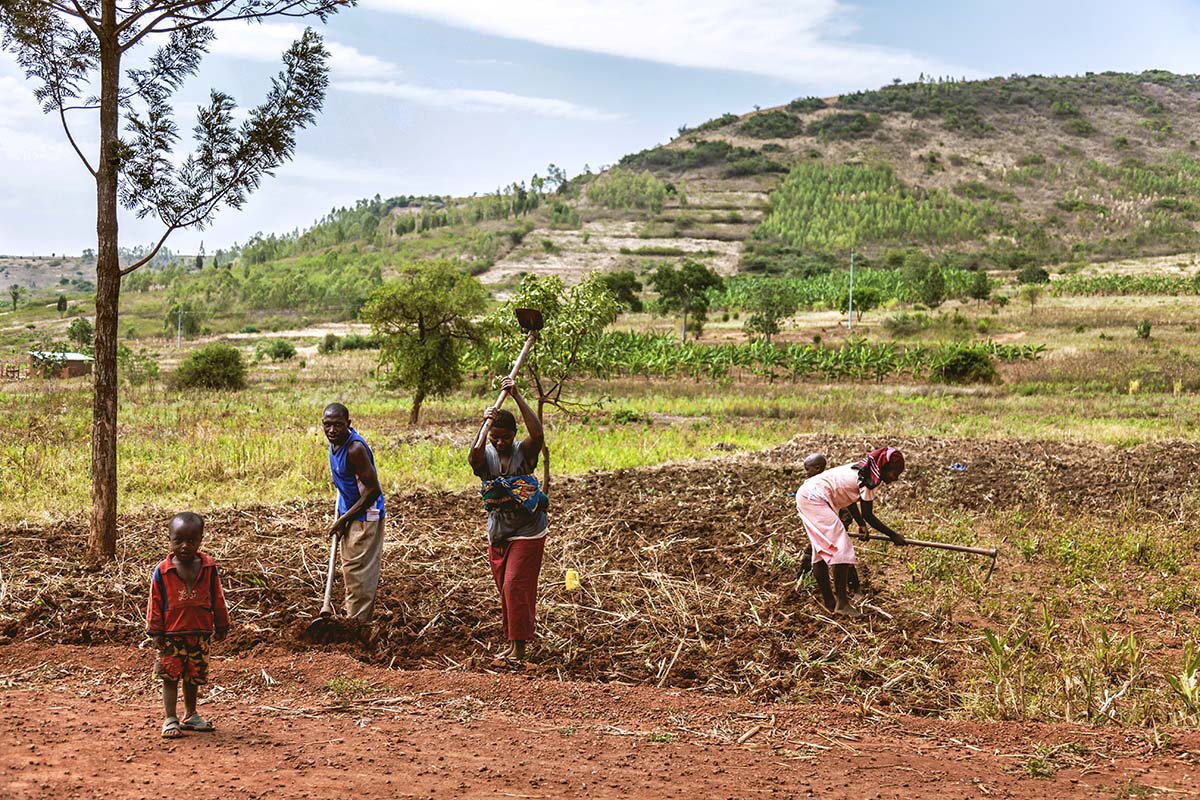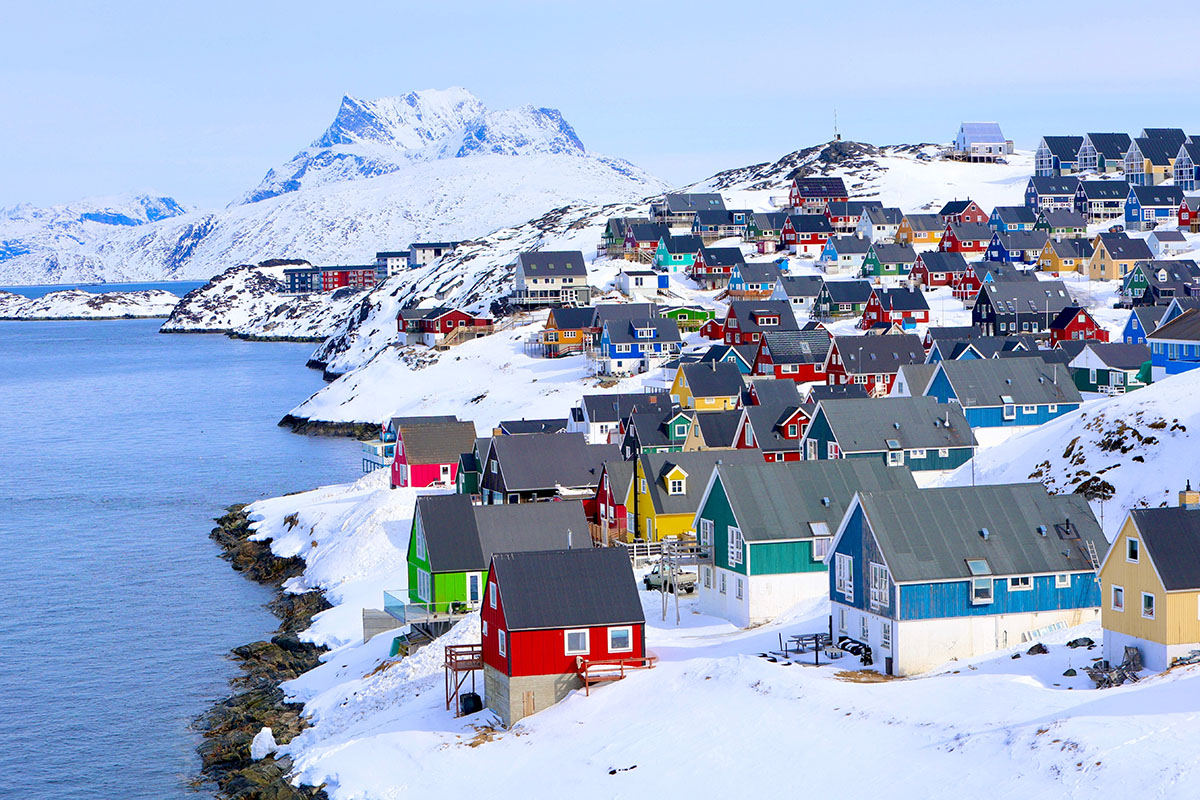“Powering towards our common future”
April 17 A recent election gave Ariana Joseph, 18, a Commonwealth Correspondent from Antigua and Barbuda, opportunity to reflect on the factors that can help build a strong and secure future.
A recent election gave Ariana Joseph, 18, a Commonwealth Correspondent from Antigua and Barbuda, opportunity to reflect on the factors that can help build a strong and secure future.
Recently, the nation of Antigua and Barbuda was called to action to determine which of the political parties would lead the twin island state for the next five years. If one were to assess the spirit of the campaign from what appeared in cyberspace, one may come to the conclusion that the nation had lost its soul.
Indeed, it seems like some political forces would stop at naught to win an election, even if it means characters are destroyed and the nation is destabilised by reckless propaganda. Surely, the nation cries out for a new kind of politics that will aid us in “Powering Our Common Future.”
There are several engines that are important for “Powering Our Common Future.” These engines are fairness, security, prosperity, and sustainability. For me, the most pivotal of these engines is that of security, for where there is no security all other engines will fail. Thus, it is incumbent on the government to do all that lies in its power to ensure that there is a constant quest for us to be more secure, especially considering the dynamic environment in which we live.
One of the ways in which governments can make us more secure is by strengthening the key pillars of our democracy as they pertain to the questions of transparency and accountability. Government needs to provide timely reports on the operations of quasi-government and central government departments as required by law. If there is no transparency and accountability in government, it can lead to corruption, abuse of power, and maladministration generally.
These in turn, either separately or together, undermine social cohesion and economic growth. Any such result can render us less secure as a people and nation. Government should be accountable to the populace at all times during its tenure, and transparency should become its hallmark. The more secure the social fabric of a nation is, the more attractive it becomes for economic and other developments.
Even in an age of accountability and transparency there is the danger posed by outside forces that would seek to pervert and subvert our democracy. George Orwell in his futuristic novel “1984” spoke of the crippling impact of “newspeak,” “doublespeak,” the “thought police,” and the relentless propaganda machine that ushered in the totalitarian rule of “Big Brother”. Today, our democracy has been rendered less secure by the pervasive presence of fake news on the information super-highway, coming at us fast and furious. The proliferation of fake news in cyberspace during our last elections is a cause for concern, and government needs to strengthen its electoral legislative framework in order to address this menacing threat.
Fake news is bad for our country, within and outside the election cycle. Fake news is bad for the stability of our democracy because it casts aspersion on the integrity of our leaders and undermines confidence in them. Moreover, it undermines social cohesion and thereby threatens national security. Fake news is designed to be subversive by its very nature. It renders us less secure.
A well-educated citizenry would also make our future more secure. There is no better safeguard against pernicious propaganda than ensuring that we have a well-informed and critical public, able to discriminate between fake news and real news, between what is manufactured and what is factual. A nation that recognises the power of the information age, and is constant in the dissemination of information on the operations of government will go a long way in making our nation more secure.
A government that practices openness in the administration of the people’s affairs has taken the first step in the process of making our nation more secure. However, it is incumbent that such a nation takes the necessary steps to equip its citizens with the skills and knowledge to meet the challenges of the twenty-first century.
One of the areas where we have been rendered less secure is in our stewardship of the environment. Decades and centuries of pollution of the environment and reckless exploitation of the earth’s resource are now having their cumulative effects. Climate change is the present reality. From east to west, from north to south we all feel its impact as it manifests in our weather patterns and the degree of their intensity. My government, recognising the fierce urgency that this situation demands, has taken a number of steps to address this issue in its commitment to the Paris Accord on climate change.
It is my hope that as the Heads of Government from the respective Commonwealth of Nations meet in London this April that they will address their minds to the critical issues that will aid in “Powering Our Common Future”. Despite our disparate cultures and ethnicities, we have been able to forge common democratic principles that have made our respective democracies more stable than others. I am confident that our leaders will emerge from their meeting with innovative ideas to power our common future and make us more secure.
Photo credit: Commonwealth Secretariat
…………………………………………………………………………………………………………………
About me: My ambition is to become a cardio-thoracic paediatric surgeon. In preparation for this, I have commenced undergraduate studies focusing on a double major in biology and chemistry. Once I have completed my undergraduate studies, it is my intention to obtain a medical degree, pursue research studies in genetics, and eventually establish a medical services centre.
I have a passion for reading, writing, playing the violin, and engaging in community service projects. I am presently enrolled at Saint Mary’s University, Canada.
…………………………………………………………………………………………………………………
Opinions expressed in this article are those of the author and do not necessarily represent the views of the Commonwealth Youth Programme. Articles are published in a spirit of dialogue, respect and understanding. If you disagree, why not submit a response?
To learn more about becoming a Commonwealth Correspondent please visit: http://www.yourcommonwealth.org/submit-articles/
…………………………………………………………………………………………………………………






